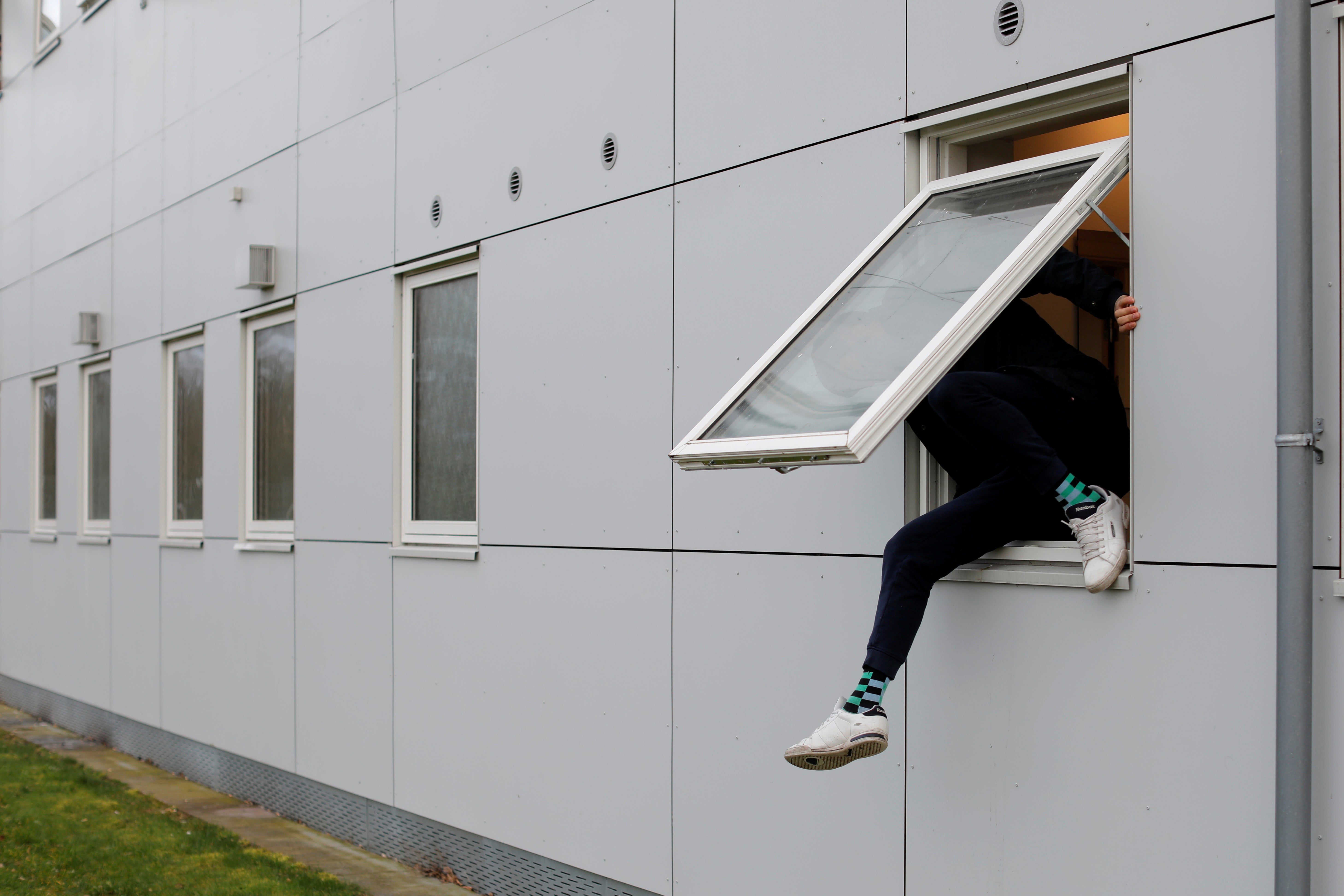Denmark law to deport asylum seekers outside Europe condemned as ‘irresponsible and lacking in solidarity’
Denmark thought to be looking for agreement to send asylum seekers to Rwanda, Ethiopia, Tunisia or Egypt, reports Samuel Osborne


A Danish law allowing the country to deport asylum seekers outside of Europe has been branded “irresponsible and lacking in solidarity” amid fears it could lead other nations to enact similarly harsh policies.
Last week, MPs in Copenhagen voted 70-24 in favour of legislation that will allow the Nordic nation to send asylum seekers to partner states, potentially outside of the continent, while their applications are revised and processed.
Speaking after the bill had passed, Rasmus Stoklund, an immigration spokesman for the Social Democrats, said he wanted it to send a message to asylum seekers that they are not welcome in Denmark.
“If you apply for asylum in Denmark, you know that you will be sent back to a country outside Europe, and therefore we hope that people will stop seeking asylum in Denmark,” he told local media last Thursday.
While Denmark has yet to reach an agreement with a partner country, local newspaper Jyllands-Posten suggested the government was looking to form an agreement with countries in Africa such as Rwanda, Ethiopia, Tunisia or Egypt.
The Danish government recently signed a memorandum of understanding with Rwanda in April, which although not legally binding sets a ground for potential future negotiations.
Human rights groups have branded the new law a “step in the wrong direction” which could have “dire” consequences for asylum seekers.
“The externalisation of processing asylum seekers is both irresponsible and lacking in global solidarity,” Charlotte Slente, secretary general of the Denmark Refugee Council, tells The Independent. “There is a big risk that the rights of asylum seekers will not be fulfilled in the same way as they would if their asylum procedures take place in Denmark.”
While some Danish MPs have argued the move will discourage asylum seekers, refugees and migrants from making the dangerous journey to Europe across the Mediterranean Sea, Ms Slente says it will do little to prevent such voyages and will unfairly impact other European nations.
“If Denmark limits the protection of refugees in the country by forcibly returning them or transferring asylum seekers to a country outside Europe, it will not create better protections for refugees. It does not do away with the dangers refugees face on their way to safety.
“If the intention behind the law is that people do not come to Denmark at all, because they will be transferred to another country, it will not mean they will not seek to come to Europe’s borders - it would just be that they would be going to other countries. In our view, this is not humane and it is not fair.”
Ms Slente also warns there could be a “race towards the bottom” as other European countries follow Denmark’s example.
As it currently stands, the new law “does not provide many details about how it will guarantee Denmark’s obligations to asylum seekers under international law,” says Lisa Blinkenberg, senior policy adviser at Amnesty International Denmark.
“We do not know what the asylum procedures and reception conditions will be like. Will they have access to a lawyer? Will they have access to medicine or a doctor if they are sick? Will there be any complaint mechanism if their rights are being violated?”
Copenhagen’s decision represents “a broader trend to push for the external processing of asylum claims,” Imogen Sudbery, director for policy and advocacy at the International Rescue Committee, tells The Independent.
She describes the move as “a step in the wrong direction” and says: “This has very dire consequences for vulnerable people, and it is a failure of EU countries to take responsibility and show solidarity, both internally and with those seeking protection.”
It can be seen as part of a broader trend against asylum seekers, refugees and migrants across Europe, Ms Sudbery says.
“What we’ve seen is the failure of European Union member states to face up to their responsibilities and to come up with a system that enables people to be managed in an ethical and humane way, which has led to a sense on the part of the public that there is some kind of chaos and really large numbers arriving that represent a fundamental threat to their own way of life.”

The decision is a “slap in the face” for southern European countries who are hosting the majority of asylum seekers who arrive in Europe, she adds.
“As a wealthy EU member state, we think Denmark has more than enough capacity and resources to welcome asylum seekers. Rather than relinquish responsibility, we would like to see them step up and uphold their moral and legal obligations to protect asylum seekers.”
Similarly, developing countries - which host the majority of the world’s refugees - could question why they should house such a disproportionate number if a wealthy nation such as Denmark were to send asylum seekers elsewhere. “The continued willingness of these countries is not something that can be taken for granted,” says Ms Slente, from the Denmark Refugee Council.
“If rich countries like Denmark are not willing to take a relatively small share of the responsibility, there is a risk that countries that host far larger numbers of refugees will want to opt out and give up on global efforts to find joint and sustainable solutions for asylum seekers.”
Although Denmark has yet to reach an agreement with any other nation about where it could send its asylum seekers, this new law represents yet another move that could make it harder for asylum seekers, refugees and migrants to seek a better life in Europe.
Join our commenting forum
Join thought-provoking conversations, follow other Independent readers and see their replies
Comments